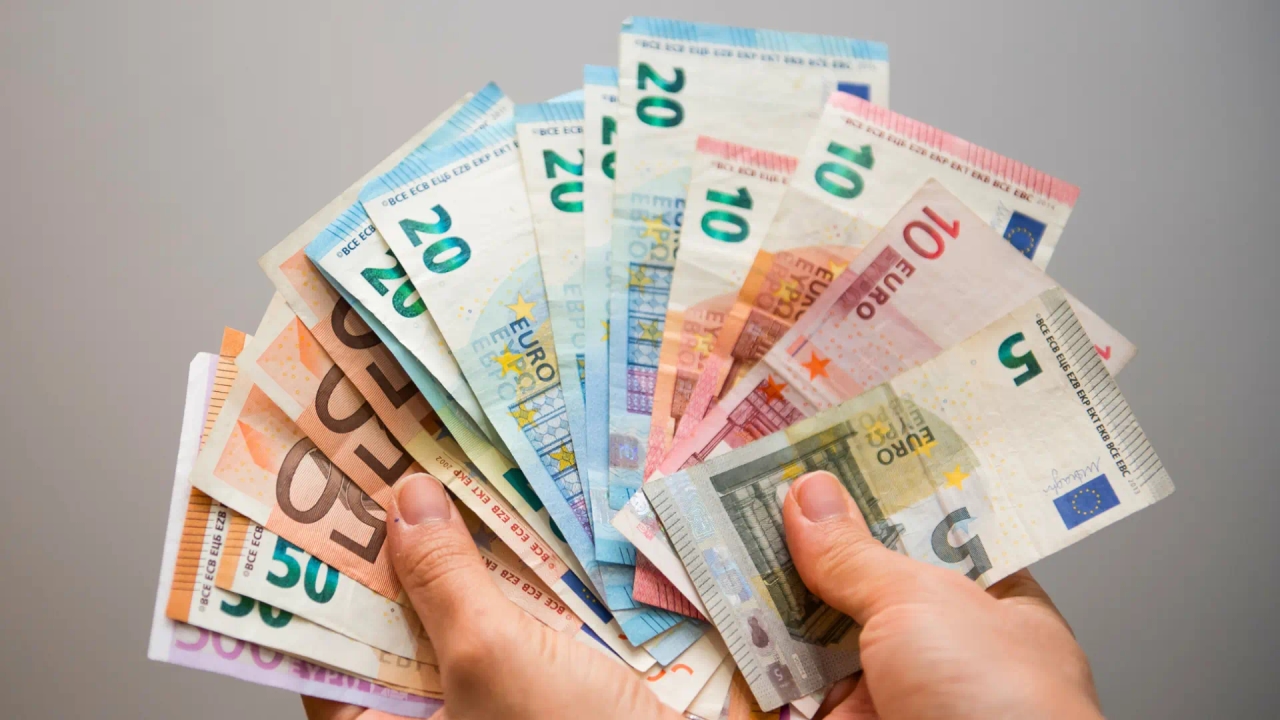How much cash can you legally keep at home in Spain? This is what the Treasury says.

Whether due to climate emergency, Fires that force evacuations, and even blackouts like the one that occurred this year in Spain, keeping cash at home is always a topic of debate. It's a common practice in many homes and among families whose tradition is to stash a small amount of their salary in cash just in case. Furthermore, having cash at home provides a sense of control that's difficult to achieve with its digital version.
This practice has its advantages and risks, which should be evaluated, and not only in cases where the house floods or burns down, and the money cannot be recovered. On the one hand, cash offers independence from the banking system and guarantees immediate access to resources in the event of blackouts , digital blockages, or network failures. Furthermore, by not leaving a digital trail, it provides a level of privacy that electronic transactions cannot offer.
Thus, in national emergencies, the importance of including cash in your emergency kit becomes evident. This resource can be crucial for purchasing basic goods in shops and small businesses. Furthermore, cash can be a solution to unforeseen events such as network failures that render establishments' payment terminals unusable.
In Spain, there is no specific legal limit on the amount of cash a person can keep in their home, so it is completely legal to keep it at home . The Tax Agency does not set a maximum limit for cash holdings in the home. However, it is crucial to keep the following points in mind:
- Legal origin and declaration: Money kept at home must come from legal sources and, if applicable, must have been declared to the Treasury. If the Treasury suspects that the money has an illicit or undeclared origin, it may initiate an investigation and request justification.
- Cash Movements: Although there is no limit on cash held at home, there are limits and reporting obligations for cash movements: Banks are required to inform the Treasury of transactions involving 500-euro bills or cash withdrawals or deposits of 1,000 euros or more. To or from abroad: Any amount equal to or greater than 10,000 euros must be declared upon entering or leaving Spain. Cash Payments: There is a limit of 1,000 euros for cash payments in transactions involving at least one business owner or professional. For individuals, the limit is 10,000 euros.
Although there is no legal limit, banks and financial experts generally advise against keeping large amounts of cash at home due to the risk of theft, loss, deterioration, and loss of purchasing power due to inflation. Furthermore, cash does not earn interest.
If you're looking to build up a cash nest egg for emergencies, it's best to save little by little and not make a large impulsive withdrawal. If you have large sums, Declare the existence of this money in your 2024-2025 Income Tax Return , reflecting the amount as part of your income and indicating its source (employment income, capital gains, capital gains, etc.). Tax transparency is essential in these cases, so keeping receipts and proof of withdrawal will be just as important as the actual money withdrawn.
If you have cash that must be declared immediately, whether due to a flood, fire, or other reasons, the Treasury may consider it an unjustified capital gain and require payment of taxes, interest, and possible penalties. If this money was declared, it is recommended that you inform the authorities, as well as your home insurance company.
heraldo





